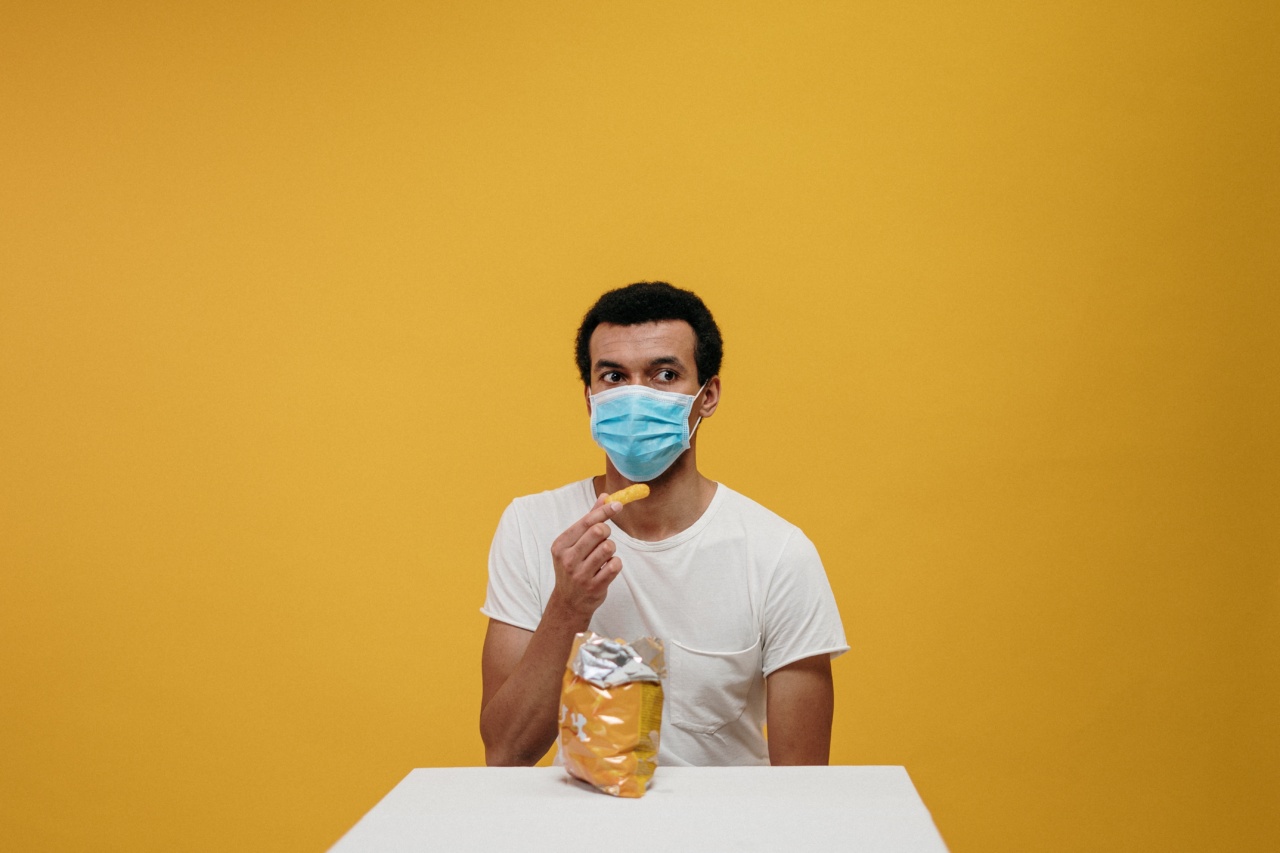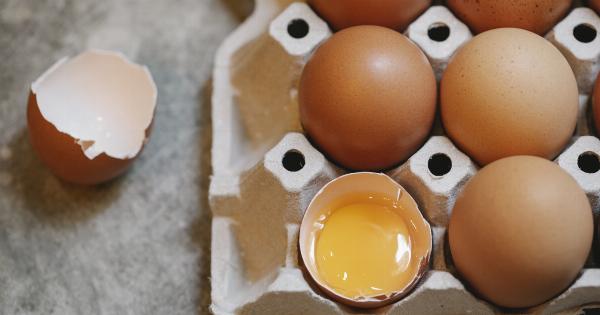Menstruation is a natural process that happens every month to most women. However, as natural and normal as it may seem, having your period can be an emotional rollercoaster for some women – from dealing with cramps to mood swings.
In addition to physical and emotional changes, your body also has unique nutritional needs during this time. Eating the right foods can help alleviate some of the symptoms, while eating the wrong foods can make things worse. Here is a guide on what you should and shouldn’t eat during your period.
What You Should Eat
During your period, your body is working hard to shed the uterine lining. As a result, it needs more nutrients to help repair and regenerate cells. Here are some foods you should include in your diet:.
1. Iron-rich Foods
During your period, your iron levels can decrease due to blood loss. Therefore, it’s essential to eat iron-rich foods to help replenish your body’s stores. Some foods you can include in your diet are:.
- Red meat
- Beans and lentils
- Dark leafy greens like spinach and kale
- Tofu
- Eggs
- Nuts and seeds
2. Omega-3 Fatty Acids
Omega-3 fatty acids are essential fats that your body needs to function properly. They can also help reduce inflammation and alleviate menstrual cramps. You can find omega-3s in:.
- Fatty fish like salmon and mackerel
- Flaxseed and chia seeds
- Walnuts
- Soybeans
- Spinach
3. Fiber-rich Foods
Digestive problems are common during menstruation due to hormonal changes. Eating fiber-rich foods can help keep things moving smoothly. Here are some examples:.
- Whole grains like brown rice and quinoa
- Fruits like berries, apples, and pears
- Vegetables like broccoli and carrots
- Beans and legumes
- Nuts and seeds
4. Water
Staying hydrated is crucial during your period, especially if you experience heavy bleeding. Drinking enough water can help prevent bloating, constipation, and headaches. Aim to drink at least 8 glasses of water per day.
You can also hydrate with other liquids like herbal tea or coconut water.
What You Shouldn’t Eat
Just as some foods can help alleviate period symptoms, others can make things worse. Here are some foods to avoid:.
1. Salt
Many women retain water during their period, which can lead to bloating and discomfort. Eating too much salt can exacerbate this problem. Therefore, try to reduce your salt intake by avoiding salty snacks, processed foods, and adding salt to your meals.
2. Sugar
Sugar can wreak havoc on your blood sugar levels, leading to mood swings and fatigue. In addition, it can also cause inflammation, which can worsen cramps and pain.
Limit your intake of sweets and opt for natural sweeteners like honey or fresh fruit instead.
3. Caffeine
Caffeine is a stimulant that can make you jittery and anxious. It can also cause dehydration, which can worsen headaches and cramps. While it’s okay to have a cup of coffee or tea, try to reduce your overall caffeine intake during your period.
4. Fatty Foods
Fatty foods like fried foods and fast food can cause inflammation and digestive problems. In addition, they can also increase estrogen levels, which can worsen PMS symptoms.
Instead, opt for lean sources of protein like chicken or fish, and healthy fats like avocado or nuts.
Conclusion
Having your period can be uncomfortable at times, but eating the right foods can help alleviate some of the symptoms. Make sure to include iron-rich foods, omega-3 fatty acids, fiber, and water in your diet.
On the other hand, avoid salty, sugary, and fatty foods, as well as caffeine. By following these guidelines, you can help support your body during this challenging time.




























